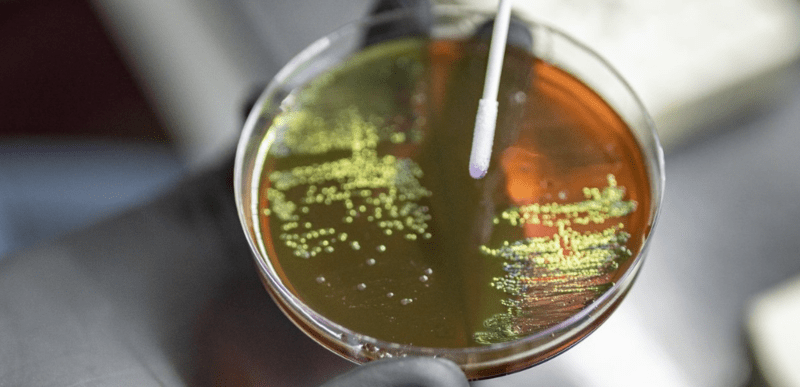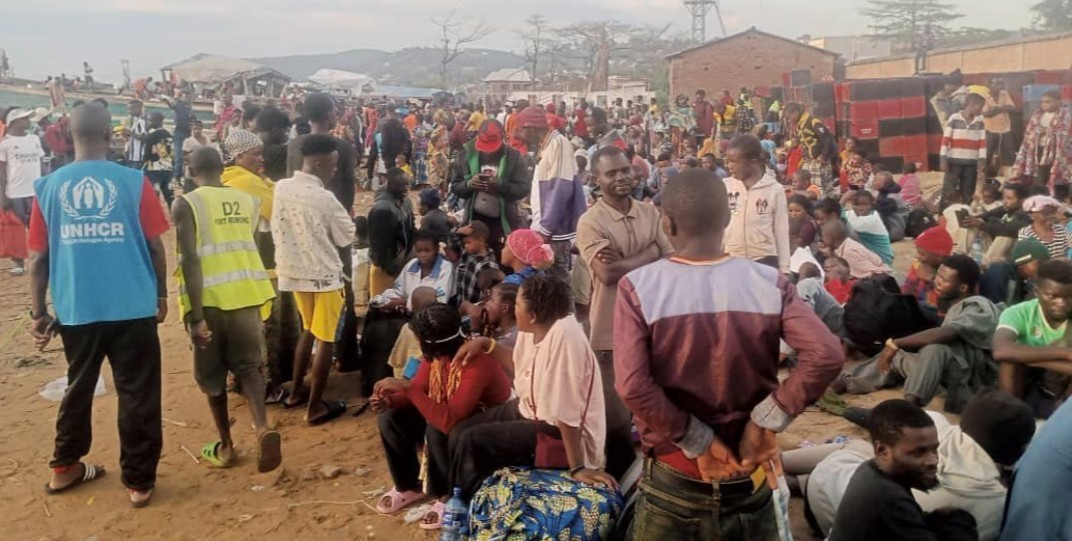WHO updates list of drug-resistant bacteria

The BPPL 2024 aims to guide the development of essential new treatments to combat AMR, stressing the importance of international cooperation and innovation in addressing this global health challenge.
The World Health Organisation (WHO) released its updated Bacterial Priority Pathogens List (BPPL) for 2024, categorising 15 families of antibiotic-resistant bacteria into critical, high, and medium priority groups.
Speaking during the launch on Friday, Dr Yukiko Nakatani, WHO’s Acting Assistant Director-General for Antimicrobial Resistance (AMR), highlighted the list's crucial role in mapping the global impact of drug-resistant bacteria on public health and guiding investment and access.
More To Read
- Lancet study shows planned term delivery can cut pre‑eclampsia risk by 30 per cent
- WHO review finds no link between childhood vaccines and autism
- Traditional medicine is now a global reality: WHO
- WHO warns tobacco use threatens fertility in men, women
- WHO calls for ceasefire after deadly attacks on civilians in Sudan kill 114, including 63 children
- Kenya and world face growing health threat as ultra-processed foods flood markets and diets
"Since the first Bacterial Priority Pathogens List in 2017, the threat of antimicrobial resistance has intensified, eroding the efficacy of numerous antibiotics and risking the gains of modern medicine," said Yukiko.
Antimicrobial Resistance is driven by the misuse and overuse of antimicrobials, leading to ineffective treatments and heightened disease transmission risks.
The BPPL 2024 stresses the necessity for a comprehensive approach to combat AMR, advocating universal access to effective prevention, diagnosis, and treatment measures. This initiative is critical for mitigating AMR's impact on public health and the economy.
Dr Jérôme Salomon, WHO's Assistant Director-General for Universal Health Coverage, warned of the escalating challenge posed by AMR in treating severe infections such as tuberculosis, leading to increased mortality rates.
“Antimicrobial resistance jeopardises our ability to effectively treat high-burden infections, such as tuberculosis, leading to severe illness and increased mortality rates," said Dr Jérôme Salomon.
High-priority pathogens like Salmonella and Shigella pose significant burdens in low- and middle-income countries, alongside challenges from pathogens like Pseudomonas aeruginosa.
Mycobacterium tuberculosis, Staphylococcus aureus Neisseria gonorrhoeae and Enterococcus faecium pose challenges in healthcare settings.
The BPPL 2024 aims to guide the development of essential new treatments to combat AMR, stressing the importance of international cooperation and innovation in addressing this global health challenge.
Early this month, the Kenya Red Cross partnered with the French Embassy in Nairobi to confront the growing threat of antimicrobial resistance (AMR).
The collaboration between the Kenya Red Cross and the French Embassy in Nairobi aims to tackle antimicrobial resistance (AMR) across East Africa through a comprehensive Regional Project on AMR. This initiative, employing a One Health approach in Kenya, Uganda, Ethiopia, and Tanzania, integrates efforts across human health, animal health, and environmental sectors.
According to the WHO, antimicrobial resistance ranks among the most critical challenges facing global public health and development. In 2019, bacterial AMR led to an estimated 1.27 million deaths worldwide and contributed to 4.95 million deaths. Without effective interventions, projections indicate that annual deaths due to AMR could escalate to as many as 10 million by 2050.
Top Stories Today












































